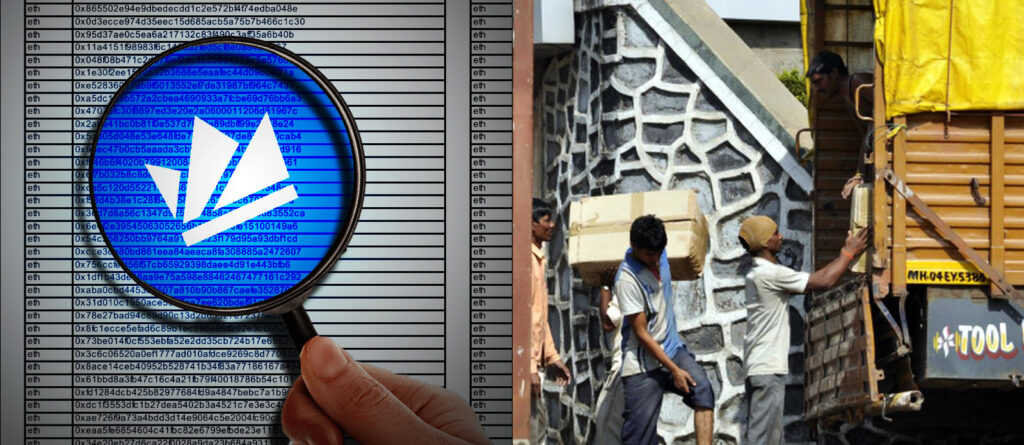Three months after the WazirX Hack of Rs 2000 crore that resulted in loss of 45% user funds, the exchange management submitted an affidavit to the Singapore Court revealing over 2,40,000 crypto wallet addresses that contained the remaining 55% funds, as a step towards “transparency”.
However, users were quick to point out that WazirX management’s decision to submit details of 2,40,000 wallet addresses is actually a delaying tactic allegedly inspired from the Sahara Group, that submitted two truck loads of documents back in 2012, when they were being probed by SEBI over financial irregularities.
According to several users and crypto influencers, the decision by WazirX management to submit 240,000 wallet addresses to Singapore Court is a delaying tactic allegedly deployed to buy them more time for the proposed restructuring scheme where users will be allocated their funds under a socialistic loss sharing policy.
Critics argue that WazirX might be attempting to delay the court proceedings by claiming that 45% of the funds are stored in a single cold wallet, while the remaining 55% are distributed across approximately 240,000 wallets. This situation has drawn parallels to the infamous Sahara case, where the company overwhelmed investigating agencies with an excessive amount of documents.
The Eerie Similarity between Sahara and WazirX Case
Cast your mind back to 2012. The Sahara Group, that had stakes in almost every sector in India whether it was cricket or real state, was embroiled in a massive financial scandal. Sahara Group was accused of raising money from millions of investors through inappropriate financial instruments and ponzi schemes.
When India’s market regulator SEBI ordered the firm to provide the documentation for their investors, they dispatched not one, but two truckloads of documents to SEBI’s headquarters.

This move by Sahara gave a rude shock to the SEBI officials as they were faced with a mountain of paperwork. The sheer volume was overwhelming, to say the least. It was a classic case of malicious compliance as Sahara’s intention was clearly to buy more time for their next move.
Fast forward to 2024, WazirX doing the same as Sahara did in 2012. When the Singapore High Court ordered WazirX to reveal its wallet addresses they responded by disclosing the addresses of over 240,000 user wallets in an affidavit.
Conclusion
If you’re feeling a sense of deja vu, you’re not alone. WazirX disclosing the 240,000 user wallets in an affidavit is and copy-paste technique used by Sahara before in 2012. Both cases involved a financial entity under scrutiny, a court order demanding transparency, and a response that, while technically compliant, floods the investigators with an overwhelming amount of data.
It’s as if WazirX took a page straight out of Sahara’s playbook. The strategy seems clear: overwhelm the authorities with sheer volume, making the task of investigation so daunting that it slows down the entire process.
Also Read: WazirX Submitted Dubious Wallet Addresses to Singapore Court; Here’s Proof






